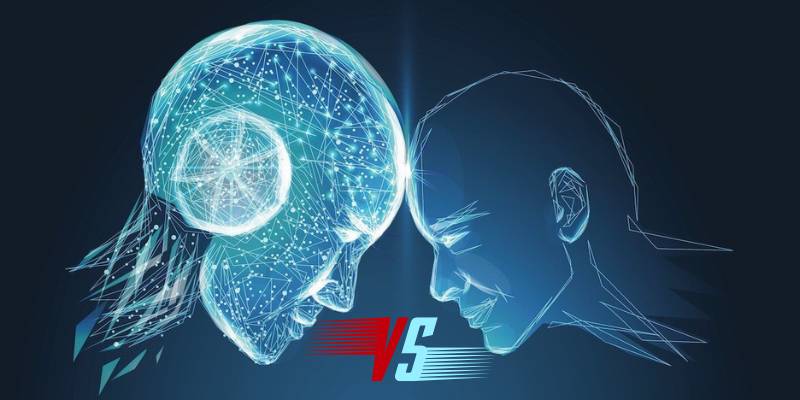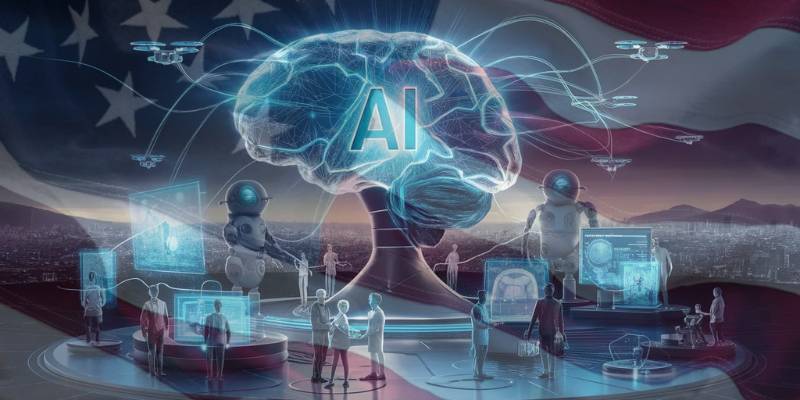If you’ve ever had a late-night chat with a customer service bot that felt a little too human, California just decided that kind of mystery needs to end.
A new state law now requires artificial intelligence systems to disclose that they’re not human during interactions — a move that’s being hailed as both visionary and, depending who you ask, a little overdue.
You can dive into the details of this groundbreaking bill in this Verge report.
At its heart, the law sounds almost charmingly simple: if you’re talking to an AI, you have the right to know it.
No more pretending, no more digital catfishing. But behind the friendly premise lies a deeper current of unease — the kind that’s been building as chatbots get creepily good at mimicking empathy.
Governor Gavin Newsom, who just signed the bill, called it part of a broader effort to “build public trust” in AI systems.
Some folks in Sacramento are even describing this as a model for federal reform.
Meanwhile, experts are already asking how enforcement will work — will every automated call center now start its pitch with, “Hey, I’m a bot, nice to meet you”?
And here’s where it gets spicy. The same week this bill passed, Newsom also inked another piece of legislation aimed at AI safety standards for large-scale models, while vetoing what he called “overly broad” restrictions on development.
The push-and-pull between innovation and regulation is all over the place.
For a closer look at that balancing act, check out how the governor’s office handled the broader package of AI-related laws that crossed his desk.
The global context makes this even more fascinating. The European Union’s AI Act, which has been brewing for years, takes a much tougher stance — classifying some uses of AI as “high risk” and slapping on strict compliance rules.
If you’re curious how California’s move fits into that bigger picture, it’s worth reading about the EU’s upcoming regulatory rollout.
Spoiler: Europe’s not playing around when it comes to labeling, accountability, and ethical frameworks.
But here’s the thing I can’t shake: disclosure laws are just the tip of the iceberg.
What about when AI doesn’t just talk but decides — who gets a loan, which résumé moves forward, what news shows up on your feed?
The IMF recently warned that countries still lack any serious regulatory or ethical foundation for AI, which makes California’s baby steps look both admirable and, well, a little lonely.
The tech world, predictably, is divided. OpenAI and Anthropic have stayed publicly quiet, but insiders say they’re watching this law as a test case for how disclosure could affect user trust.
Others, particularly smaller startups, fear it might add another layer of red tape — one that favors big companies who can afford compliance lawyers.
It’s a familiar story: the well-meaning guardrail that accidentally builds a wall.
And yet, on some gut level, this feels right. Transparency is the cornerstone of trust, right?
When you talk to a machine, you should know it’s a machine.
We’ve spent decades worrying about bots pretending to be humans; now we’re worrying about humans pretending they don’t rely on bots. Funny how that works.
One thing’s for sure: this law won’t be the last of its kind. Similar legislation is being drafted in New York and Washington, and even the Biden administration’s AI Bill of Rights has floated guidelines that sound suspiciously Californian.
That initiative — meant to protect citizens from algorithmic bias and hidden automation — was covered in depth in The White House’s AI policy briefing.
Maybe this is the start of something bigger. Or maybe it’s just the latest skirmish in humanity’s ongoing argument with its own reflection — the one made of code, data, and uncanny politeness.
Either way, the bots are finally being asked to introduce themselves. And honestly? About time.


